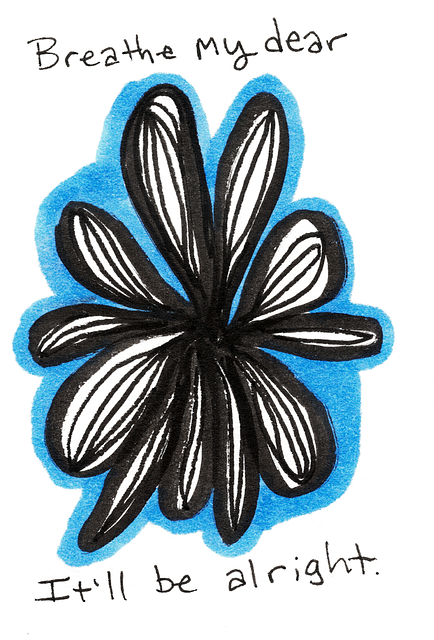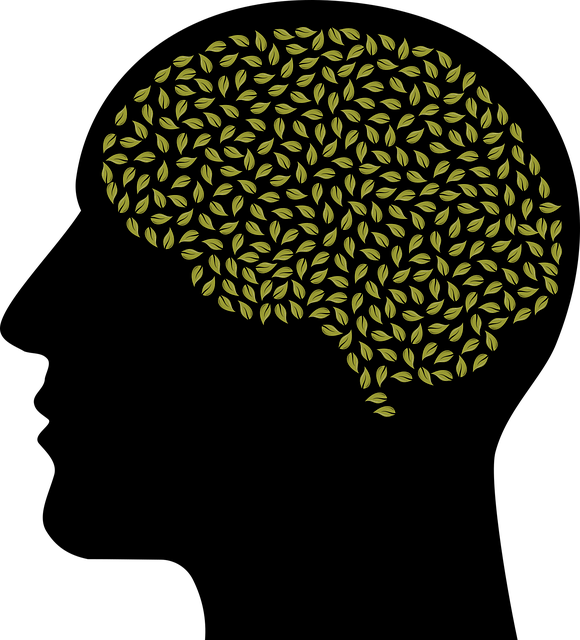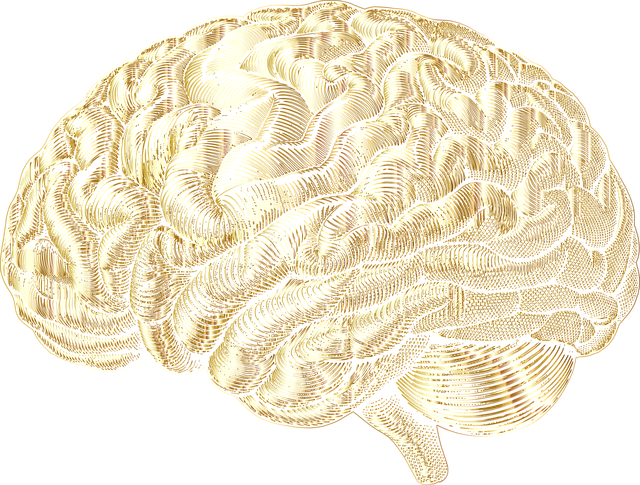Arvada Oppositional Defiance Disorder (AODD) therapy is a specialized, evidence-based treatment for kids aged 8–17 with defiant behaviors. It begins with risk assessment and crisis intervention guidance, teaching de-escalation methods to both clients and families. The approach combines stress reduction techniques, cognitive-behavioral therapy, resilience building, and addressing co-occurring mental health issues for holistic healing. Mental health professionals use strategic planning, personalized coping mechanisms, and Mind Over Matter principles to navigate crises effectively. Long-term support includes self-care routines, stress management, and resilience-building exercises to prevent burnout and promote healthy adaptability.
In the realm of mental health support, crisis intervention strategies are vital for effectively managing behaviors often associated with Arvada Oppositional Defiance Disorder (AODD). This comprehensive guide explores evidence-based practices tailored to AODD therapy. From understanding the disorder’s unique challenges to implementing practical techniques during crises, this article equips readers with tools to navigate and de-escalate intense situations. Moreover, it highlights long-term support strategies, emphasizing prevention as a key component of successful AODD therapy.
- Understanding Arvada Oppositional Defiance Disorder (AODD) Therapy: An Overview
- Identifying Crisis Intervention Strategies for AODD
- Practical Techniques for Effective Crisis Management
- Long-term Support and Prevention in AODD Therapy
Understanding Arvada Oppositional Defiance Disorder (AODD) Therapy: An Overview

Arvada Oppositional Defiance Disorder (AODD) Therapy is a specialized approach designed to help individuals aged 8–17 manage and overcome their oppositional and defiant behaviors. This therapy focuses on understanding and addressing the underlying causes of AODD, which often manifest as frequent arguments with authority figures, active defiance, and anger issues. By employing evidence-based techniques, mental health professionals in Arvada can guide young people towards healthier coping strategies and improved relationships.
The process typically involves a comprehensive risk assessment to understand the severity of symptoms and identify potential triggers. Crisis intervention guidance is an integral part of this, teaching both clients and their families effective de-escalation methods. Resilience building is another key component, aiming to empower individuals with skills to navigate challenging situations and foster positive behavior changes. This holistic approach ensures that the root causes of AODD are addressed, promoting long-term recovery and enhanced well-being.
Identifying Crisis Intervention Strategies for AODD

Identifying effective crisis intervention strategies for individuals with Arvada Oppositional Defiance Disorder (AODD) is a crucial step in their therapeutic journey. The first consideration should be tailored assessment, where professionals evaluate the unique triggers and underlying causes of the individual’s oppositional behavior. This involves understanding their personal history, family dynamics, and any co-occurring mental health conditions, such as depression or anxiety, which may contribute to their defiance. By integrating these insights, therapists can design a personalized treatment plan.
One key strategy in AODD therapy is implementing stress reduction methods. Teaching individuals coping mechanisms to manage frustration and anger effectively can significantly improve their overall well-being. Additionally, confidence-boosting activities and cognitive-behavioral techniques have proven beneficial in modifying negative thought patterns and promoting positive behaviors. Moreover, addressing underlying depression or anxiety through targeted interventions can prevent exacerbation of AODD symptoms, fostering a more balanced and adaptive response to challenging situations.
Practical Techniques for Effective Crisis Management

In the realm of crisis intervention, mental health professionals play a pivotal role in guiding individuals through their most turbulent moments. Effective crisis management requires a blend of practical techniques and strategic planning. For clients grappling with oppositional defiance disorder (Arvada ODD Therapy), structured approaches can significantly enhance outcomes. One such powerful tool is Risk Management Planning, which involves creating personalized strategies to anticipate and mitigate potential crises before they escalate. Mental health professionals should encourage clients to identify triggers, develop coping mechanisms, and establish support systems, fostering a culture of resilience and self-care.
Integrating Mind Over Matter principles can be transformative. This philosophy encourages individuals to reframe their mindset, promoting positive self-talk and refutations of negative thoughts. By teaching clients to challenge their perceptions during crises, professionals enable them to gain control and make more adaptive decisions. Mental Health Awareness is crucial; recognizing early signs of distress and providing timely intervention can prevent situations from becoming unmanageable. Through these evidence-based practices, professionals equip individuals with the skills necessary to navigate challenges effectively, fostering a healthier and more balanced life.
Long-term Support and Prevention in AODD Therapy

In addition to short-term crisis intervention, Arvada Oppositional Defiance Disorder (AODD) therapy emphasizes long-term support and prevention strategies. This holistic approach recognizes that managing AODD effectively requires more than addressing immediate crises; it involves equipping individuals with lasting coping mechanisms and skills for better mental health. Therapists often collaborate with clients to develop personalized self-care routines, incorporating self-awareness exercises and stress management techniques tailored to their unique needs. By fostering self-regulation and promoting healthy habits, these strategies aim to prevent burnout and support long-term well-being. Such an approach not only helps individuals navigate challenges more adaptively but also empowers them to build resilience against future crises.
Arvada Oppositional Defiance Disorder (AODD) therapy requires a multifaceted approach, encompassing understanding the condition, identifying crisis intervention strategies, utilizing practical techniques for effective management, and providing long-term support. By integrating these components, professionals can significantly enhance the well-being of individuals affected by AODD, fostering healthier relationships and improved quality of life. Effective crisis intervention is not just a response but a proactive step towards prevention, highlighting the crucial role of guidance and support in managing AODD.












